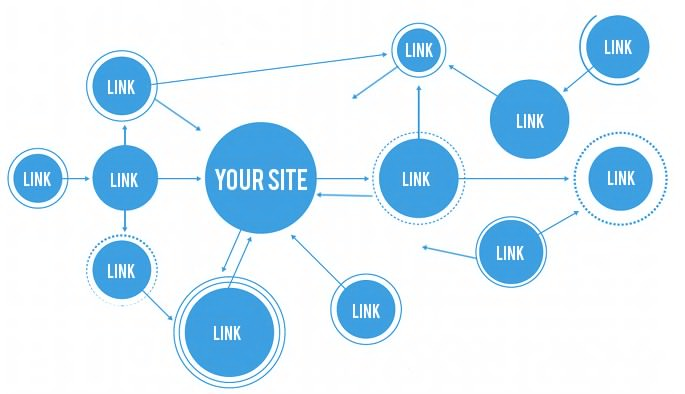As SEOs, we encounter clients across a plethora of verticals. Every industry needs to optimize for search engines–from education and real estate to entertainment and e-commerce. This makes a thorough knowledge of search engines a highly sought-after skill, but it also means SEOs need to be highly adaptable and ready for anything.
Whether you work for an agency, as a consultant, or even on an in-house SEO team, your career will expose you to subject matters you may not be familiar with. You don’t need to be an expert on your client’s vertical, but to create an effective SEO strategy and build trust, it helps to develop at least a preliminary knowledge of their industry. Consider these 15 tips your guide to educating yourself on the basics of your client’s vertical.
1.) Begin with your keyword research
After conducting your research, type in some of the most searched phrases–not just to identify gaps and opportunities, but to read up on the topic from some of the top ranking sites.
2.) Don’t rush your site audit
When auditing your client’s site, take your time to absorb their content. Learn what they have to say about the space they’re in, and familiarize yourself with their mission, business model, and history–all of which go into strengthening your own relationship with them.
3.) Competitor research
Researching competitors is standard practice in identifying new opportunities, but competitor sites can also be a source of information for SEOs to learn more about the space.
4.) Request materials from previous SEOs
Has your client worked with an agency or consultant previously? Those documents and research can not only inform your own strategy, but give you insight on the space from another SEOs perspective.
5.) Sign up for Google News alerts
Keeping tabs on relevant news alerts will keep you current on what’s happening in your client’s space.
6.) Follow influencers
Follow prominent influencers and thought leaders in the space across social media channels, and subscribe to their newsletters or RSS feeds.
7.) Follow conversations and trending topics
Following trends and conversations will give you good insight into the vertical from a community perspective.
8.) Familiarize yourself with regulations and restrictions
Does your client work in a heavily regulated industry, such as education, healthcare, or finance? An even cursory knowledge of any laws or mandates that regulate their vertical should give you an idea of the limitations to your own strategy.
9.) Don’t be afraid to ask questions
Asking thoughtful questions about your client’s industry shows you’re thorough. Identify areas where you need clarification, and before presenting recommendations, arrange a meeting with the client to learn directly from them.
10.) Establish a point of contact
When sourcing or writing content, establish a point of contact in your client’s organization to answer questions, review content, and provide additional resources or information.
11.) Leverage your writers
If you are sourcing content externally, choose your writers carefully. Search for writers with a thorough knowledge of the industry, who have either a career or educational background in a related field and can use their experience to inform their writing. Once you’ve found a writer you and your client are confident knows the field, lean on them as the experts to drive robust content.
12.) Learn about the local community
For local SEO particularly, learn about your client’s community. Identify local businesses as potential link partners, relevant discussions on social media your client can join, and local news or events to create content around.
13.) Read reviews about your client
Does your client own a restaurant, a private medical practice, or real estate firm? For clients who have their own clients, it is likely that people review them on other sites. Reading these reviews can help you manage your client’s reputation as well as identify needs they may not be meeting.
14.) Learn through link building
Using tools like Mention to find places where your client is referenced but not linked to is good practice for building links, but taking a little extra time to read the articles is good for your own self-edification. You’ll learn more about the space and how your client fits into it.
15.) Leverage SEO communities
Places like Reddit, Google +, and even Moz, have community spaces where SEOs can post questions and leverage the expertise of others. If you’re taking on a client in a space that’s new to you, chances are other SEOs have worked in that space before. While you should avoid posting questions specific to your client, use some of these spaces to source general information to influence your own overall strategy.
—
SEO best practices are universal, but must still be tailored to each individual client to meet their specific needs. And unless you narrow your scope to only focus on clients in a specific industry, you must be prepared to learn enough about any given vertical to target relevant keywords in the field, craft a content strategy, and identify link building opportunities. Integrating these tips into your own strategy can help you adapt to almost any kind of client you take on.







